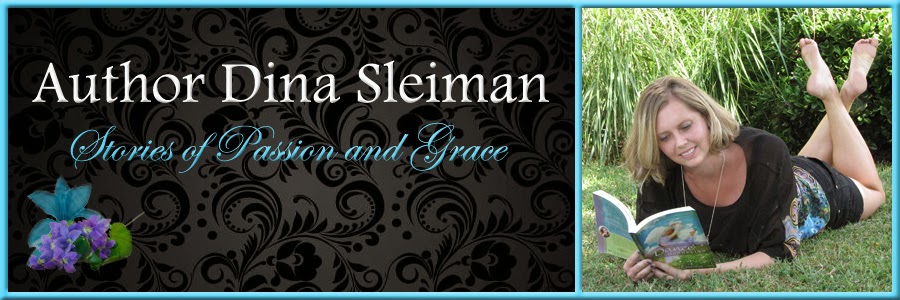And we all, who with unveiled faces contemplate the Lord’s glory, are being transformed into his image with ever-increasing glory, which comes from the Lord, who is the Spirit. ~ II Cor. 3:18
I started to write this post yesterday and intended to call it “Through a Glass Darkly” or even “Dark Glass Ponderings.” You see, these words have been rolling through my head for over a month now. I’ve been ruminating on their definitions and their impact on my life. What does it mean to see through a glass darkly? To look into a dim glass and ponder? What do we detect? Over time do we begin to distinguish shadows and shapes? Do our eyes attune to something very real on the other side?
Perhaps this all started when I picked up a book called Mystically Wired by Ken Wilson. Don’t worry, I’m not about to go all New Age on you. Simply substitute the word “spiritual” for “mystical” and relax. Wilson’s basic premise is this: we are all spiritually wired, but we are also spiritually challenged. Our minds have actually been created by God to fellowship with him and to discern the spiritual kingdom in and around us. Scientists have proven that prayer stimulates a unique area of the brain and that spiritual interest is at least in part based on genetics. As the Bible describes, we have spiritual senses, spiritual eyes and spiritual ears, perhaps even more. However, we are also mystically challenged, meaning we do not typically know how to use them.
Our normal five senses for detecting the physical world are so much stronger and clearer than our spiritual senses that we tend to dismiss them. I like to say that God is always speaking if only we’ll be quiet enough to listen. Our physical senses tend to crowd out our spiritual senses. They clamor for our attention. In order to regularly and efficiently commune with God, we must go to that still quiet place and learn to engage our spiritual senses. We must attune that inner ear and that inner eye. Take time to stare into that glass until the shapes and patterns become familiar enough that they begin to make sense. Until we trust ourselves to detect and understand them.
Wilson takes this analogy even farther by talking about something called “blindsight.” This occurs when a person’s eyes work, but the processing center for sight in the brain is somehow inhibited. Although individuals experiencing this condition cannot “see” in the traditional sense, they show a remarkable ability to dodge unfamiliar obstacles. While their brain is not giving them the visual messages in a logical manner, they are in fact able to see on some sort of intuitive level, and can even learn to better use and trust their “blindsight.”
Faith is like “blindsight.” Although we can’t quite grasp it with our minds, some part of us “knows,” and we must learn to trust in that knowledge and harness it to change our lives. Prayer can feel like “blindsight.” We can’t prove that God is speaking to us and giving us visions, and yet we “know” that he is, and that awareness of God will transform us into his image.
I had planned to leave the post there. Looking into darkness. Then this morning, I was having devotional time with my sons and came across II Corinthians 3:18. It seems that when we were dead to sin our spiritual eyes were completely veiled, but that as we are transformed into the image of Christ we begin to see his glory more and more clearly. Perhaps that glass begins to shine and glow as we stare into it and are changed by it. Perhaps our spiritual eyes can be unveiled as we are transformed into the image of Christ. Perhaps things don’t have to stay so dark on this side of eternity.
Something new for you and me to ruminate about over the next few months.
I encourage you to pray about this scripture and ask God to reveal a new depth of meaning to you. Which word stands out? What might God want to show you about this word? So many good ones to choose from “unveiled,” “contemplate,” “transformed,” “ever-increasing,” “image,” “glory” just to name a few. Consider journaling about one of these words. Trust your inner senses and allow God to speak to you. And if you don’t mind, share with us as well.

